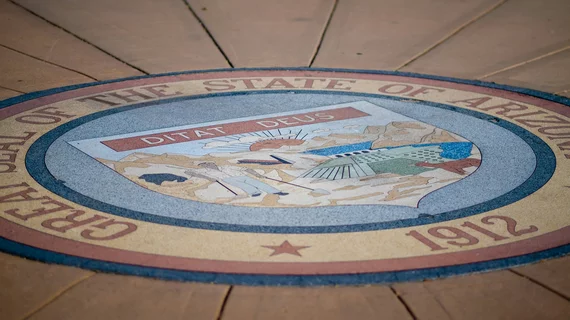Southwestern state to forgive $2B in medical debt for 1M residents
A February analysis showed more than 11 million Americans owe healthcare providers between $1,001 and $10,000. Another 3 million owe more than $10K.
One state’s governor is taking on the problem in her own neck of the country.
Gov. Katie Hobbs, Arizona Democrat, announced this week that she’s partnering with the New York-based nonprofit RIP Medical Debt to settle medical bills for as many as 1 million residents of the Grand Canyon State.
Calling the program “Affordable Arizona: Tackling Medical Debt for Working Families,” Hobbs says her state will pull off the financial feat by sending RIP Medical Debt as much as $30 million in COVID relief funds.
RIP will add those monies to its own funds and then purchase up to $2 billion in patient debt from healthcare providers for “pennies on the dollar.”
Hobbs believes many if not most providers will accept the deal and cancel any balances remaining after RIP makes the negotiated payments, judging by an announcment posted March 4.
To be eligible for the forgiveness program, Arizonans must earn less than 400% of the federal poverty line or be carrying medical debt exceeding 5% of their annual income.
“Hard-working, middle-class Arizonans should not be forced to have those difficult kitchen table conversations because of medical debt from conditions they cannot control,” Hobbs told the press this week. “Arizonans deserve a break, and they deserve a government that fights for them, helping ensure that medical debt is not going to torpedo their lives.”
Press conference video here, broad media coverage here.

